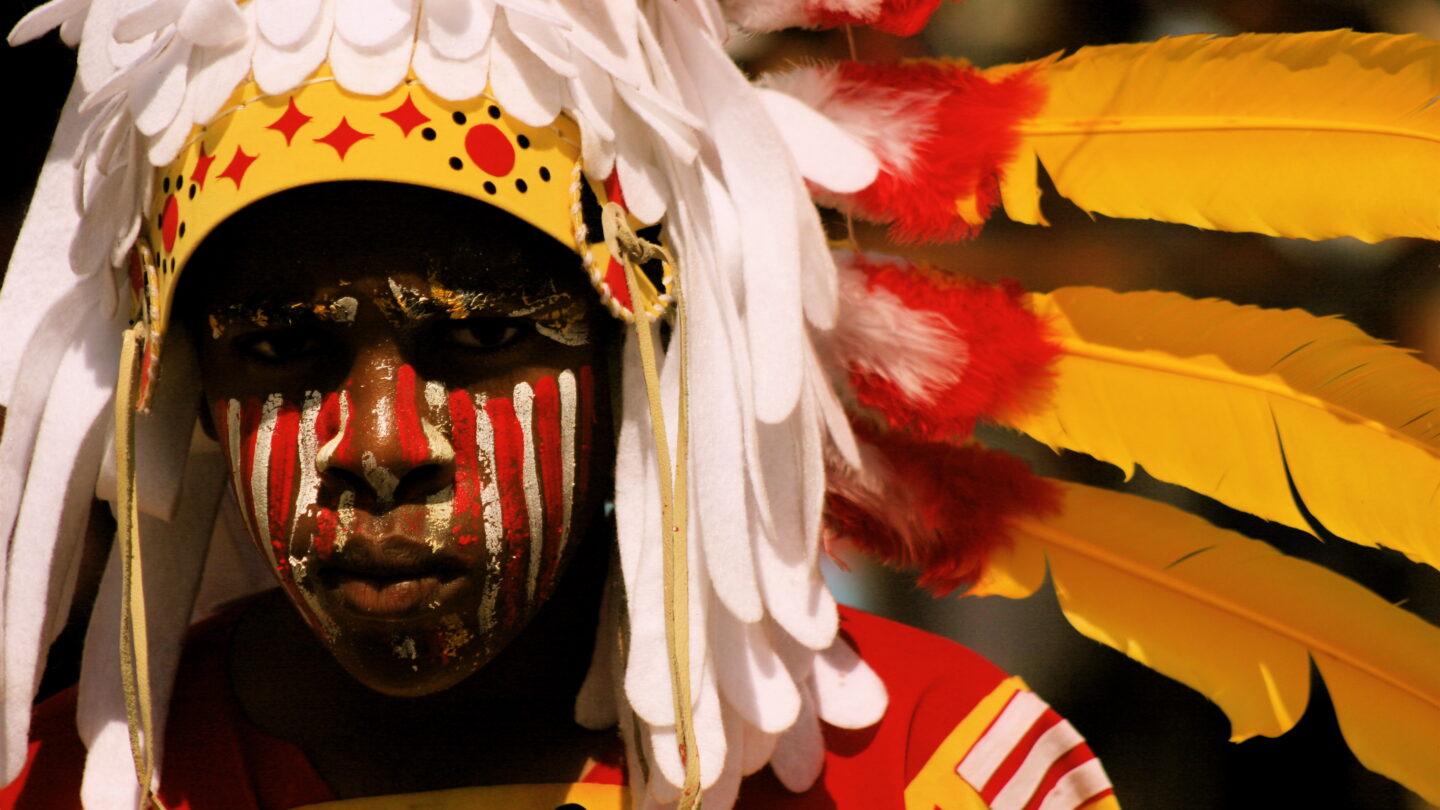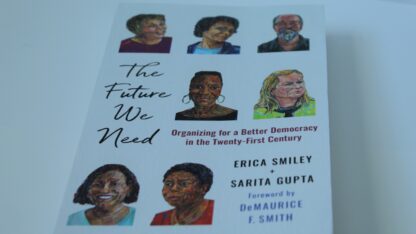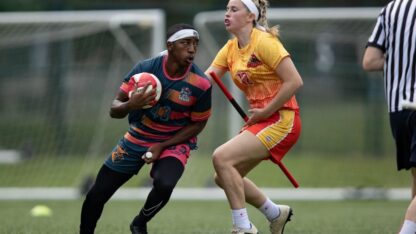Dr. Fahamu Pecou depicts the joys and challenges of Blackness in his latest project 'Black Boy Journal'

When Dr. Fahamu Pecou became a father 18 years ago, it lit a passion inside him to pursue his dreams of becoming an artist. His artwork depicts both the joys and challenges of Blackness. Fahamu Pecou’s latest endeavor is “Black Boy Journal,” a quarterly collection of images and writings by people who understand the experience most intimately.
The first volume was recently published as a digital download, and the artist joined “City Lights” host Lois Reitzes via Zoom to talk more about the project.
Interview highlights:
Life in a Black male body, from rarely heard perspectives:
“For a lot of Black boys, there’s certainly that moment where you hit that kind of social wall, where you realize that the world doesn’t see you necessarily anymore, but they see your body,” said Pecou. “Then, ultimately, the way they begin to treat you is based on their interpretations of what that body could potentially do … There’s not a lot that you see or hear where people discuss that really unique experience. That’s one of the things that has always sort of colored my work as well, the visual representations of Black masculinity, of Black manhood.”
“It’s a conversation that I’ve had to have with my son as he was a burgeoning teenager. I had to talk to him and tell him, ‘Hey, look, people are gonna start treating you differently because of the way that you look. You have a little bit of facial hair now. You’re starting to broaden up a little bit. People will not see you as a child anymore, and unfortunately, you have to be aware of that. You have to shift your movement; you have to learn to adjust and navigate yourself for your own safety.’ You know, it’s sad, but it’s also a necessary experience,” said Pecou.
On including childhood photos of “Black Boy Journal” contributors:
“We often forget that Black men have been in that space of innocence and childhood. Again, that transition between child to becoming a young adult is almost instantaneous, and we don’t often get a chance to have that moment of reflection,” said Pecou. “Seeing these men as children, we forget that innocence in them. And so, in this journal, I wanted to not only demonstrate that through words but also through these images so that the readers can, even if it’s a young boy, he can see that this person who is now an accomplished adult, doing whatever it is that they’re doing, was once a child like them as well.”
On Journal feature “The Game” and its nuggets of wisdom:
“This is something I came across online many, many years ago, and I always thought it was a really great collection of tenants or rules that every man should know,” Pecou explained. “Things like, ‘Always look a person in the eye when you talk to them.’ ‘Buy a plunger before you need a plunger.’ ‘Always give a firm handshake.’ ‘Compliment her shoes.’ ‘Never take her to the movies on the first date.’ These are things that I feel like are great ideas to pass down to a young man … and they’re universal.”
Dr. Pecou remembers a powerful role model:
“My grandfather was probably one of my most favorite people in the world. Not a very talkative person at all. So when he did speak, everybody kind of paid attention,” recalled Pecou. “Just before I was leaving to go to college, he asked me to tell him what it was that I was going to be majoring in, and I told him I was planning to major in animation. And he said, ‘Well, I don’t really know very much about that, but what I do know is whatever you do in life, be the best at it, or else you’re wasting your time and everybody else’s….’ I’ve always tried to follow that advice and put my best effort in everything, not just because he asked me to, but also as a way of honoring him.”
The first volume of “Black Boy Journal,” featuring images and writings by Charly Palmer, Artemus Jenkins and others, is now available at www.blkboyjrnl.com.








